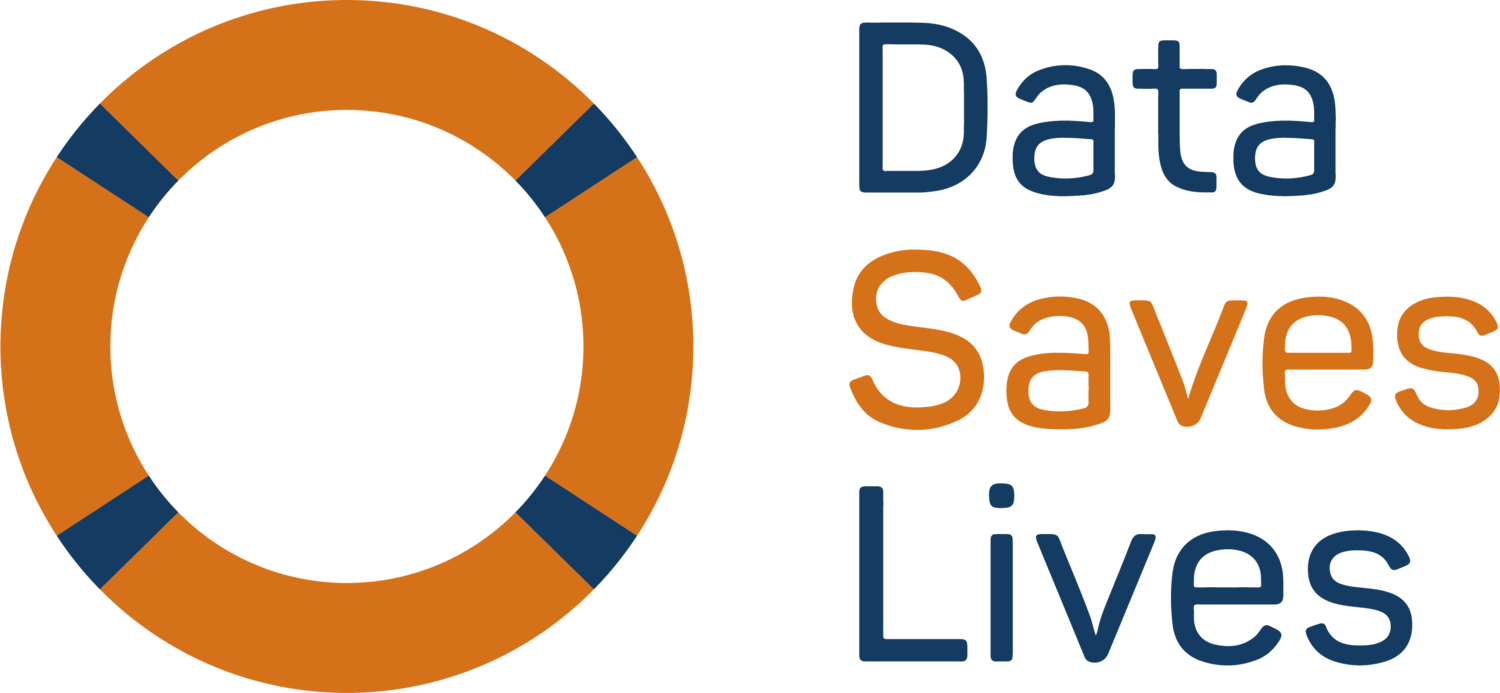Often when we buy new shoes, we have to learn to walk in them – a process that is long and sometimes, uncomfortable. If you hadn’t walked in my shoes, you wouldn’t know what they truly felt like. The reason I use this shoe analogy is because it’s a phrase often used by people living with chronic conditions: “You can’t walk in my shoes!”
Involving the public across the spectrum of health data usage
I recently co-led a virtual workshop for patients and the public about future opportunities and factors that influence acceptance of the European Health Data Space (EHDS). The EHDS is a new initiative of the European Commission for a portal of health data resources across Europe. The initiative is still in an open consultation phase. The EHDS aims to accelerate research which uses health data, and to enable individuals to have access to their own health records across borders.
What happens when your health data lives in a different country to you? Exploring the contradictions of cross-border care
How Data and Other Technologies Are Revolutionising Healthcare: An Overview
Independent Patient Advocates N=1 or N=many?
How can Artificial Intelligence (AI) help us prepare for the next pandemic?
Understanding the power of the ‘quantified self’: how does citizen-generated health data compare to that collected by clinicians?
Are the statistics from COVID-19 vaccine trials understood?
Results from COVID-19 vaccine trials have been widely reported in the media. As a clinical trial statistician, I was interested to find out what members of the public thought about the results that were reported, and whether the numbers presented in the media on vaccine effectiveness had been fully understood.
What do we mean by data altruism? Exploring how patients can ‘donate’ their data for societal benefit
Throughout the world, access to the health data of past generations has driven innovation within the healthcare industry. Just as we have benefitted from the knowledge of those who came before us, we too can assist in creating a better world for future generations, through engaging in data altruism – the concept of choosing to donate our health data for wider societal benefit.
Building citizen trust in the digital society
From this work, we could conclude that technology is not considered as the main barrier to data sharing. As one of the experts in our last event concluded, technology will always find its way if a culture of trust is settled first. Indeed, TRUST is seen as the cornerstone of this equation – it is, however, a complex concept and it needs to be fully explored and discussed if we wish to find the right actions to enhance it.
Bringing health data back to people
Despite Security Threats, Data Continues to Save Lives
Last week, any fears we had about our personal health data being safe were intensified when the records of tens of thousands of psychotherapy patients in Finland were stolen. As if this wasn’t enough to increase our anxiety, these confidential records were used to blackmail over 40,000 patients.
So, after this, should I still be sharing my data?
by Nicola Davies
Highlights from our October public events: tweet chat and webinar
October was a busy month for the Data Saves Lives (DSL) initiative, as we held two live events to raise awareness of different issues affecting the best practice use of health data with insights from a variety of expert and high-profile panellists.
For those of you who weren’t able to join our live chat on Twitter or our webinar event, it’s not too late to catch up on the highlights…
The future of healthcare: is it all about data?
Algorithms, AI, electronic health records, sensors, apps, robotics and data registries. A lot of new buzzwords have become commonplace over the last couple of years. One of the most important and often discussed technical terms are ‘data’ and ‘data sharing’. I once heard the phrase, ‘Data is the new oil’ in terms of fueling advances. Sound scary?
by Birgit Bauer
Individual decisions about our data can make meaningful differences to healthcare in the era of COVID-19
Data Saves Lives First Webinar: Addressing the unanswered questions
On 1 July 2020, Data Saves Lives held its first webinar titled ‘All About Data Saves Lives.’ The webinar focused on explaining the health data challenge that DSL aims to tackle, as well as the DSL mission, main activities and how the initiative is organised and governed. At the end of the webinar, attendees had the opportunity to ask the panel of speakers questions. Time did not permit us to address all of the questions posed during the webinar. In this blog, you can find our answers to those unanswered questions.
All About ‘Data Saves Lives’: Questions and Answers from our first public webinar!
Follow the Science, Follow the Data: the importance of using real-time data to respond to the effect of the COVID-19 pandemic on cancer
Earlier in the year, a casual conversation with a colleague in Croatia uncovered a controversial viewpoint. He said that many of his patients and members of the public were more afraid of a COVID-19 diagnosis than a cancer diagnosis. I’d heard similar rumblings from colleagues in the UK, but there were no data to say whether this was true or not. So, we set about collecting data that would give us a precise insight into the effect of the COVID-19 pandemic on cancer services and cancer patients in the UK.
by Prof. Mark Lawler

